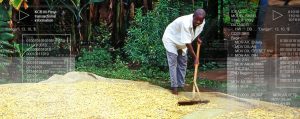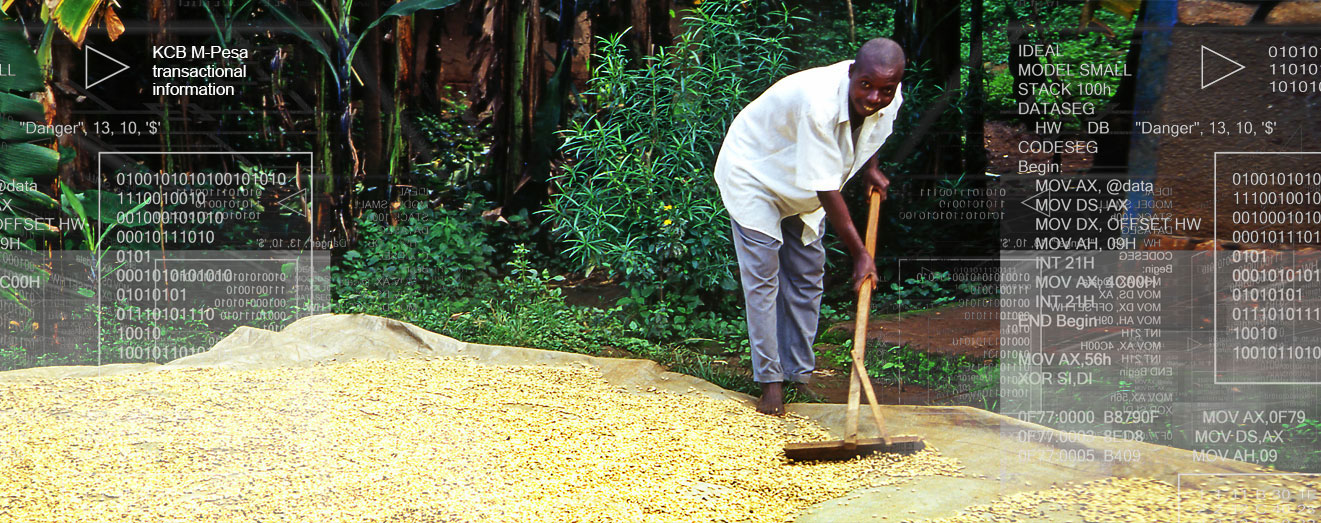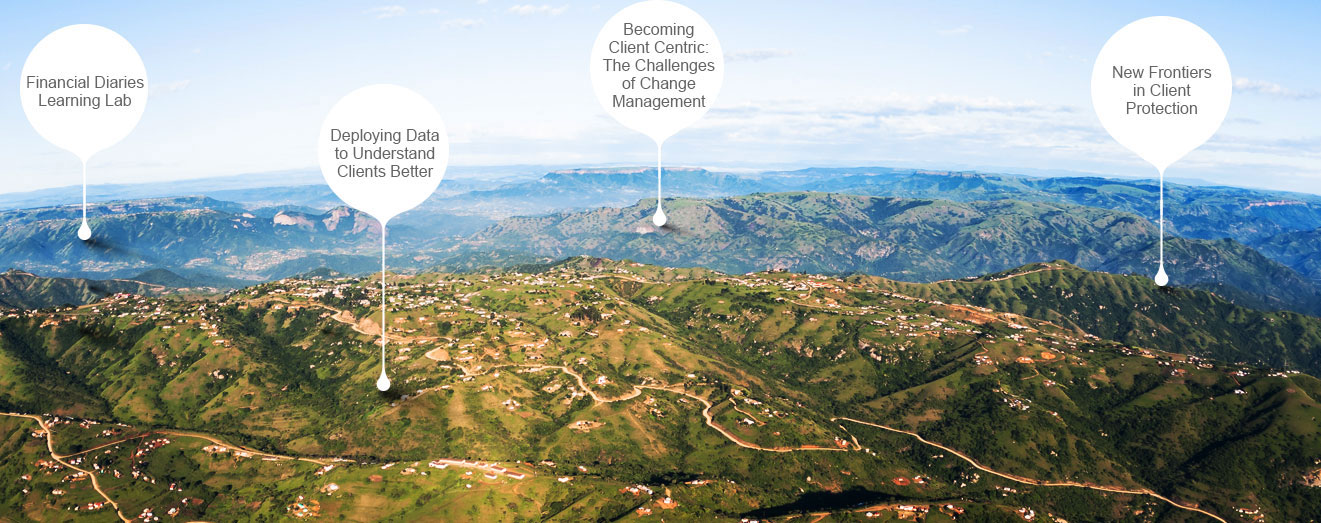Insurtech tracker archive
This is the first version of the insurtech tracker. Explore more on insurtech here or see the updated insurtech tracker here.
Cenfri contributes to building the fundamentals of welfare-enhancing digital economies. We prioritise digital transformation that is inclusive, sustainable, opportunity-creating and has appropriate safeguards. Digital transformation underpins much of our work and ranges from payments digitalisation to digital economy diagnostics, and digital skills assessments to direct digitalisation support.
Cenfri also collaborates with policymakers and other public and private sector stakeholders in data-driven decision-making that is calibrated to the data available and is designed to strengthen the existing skills and data governance processes within these organisations. The Rwanda Economy Digitalisation Programme is our flagship evidence-informed policymaking and data-for-decisions intervention, but we have considerable experience in using evidence to generate insights and inform policymaking and business decision-making with a view to improved economic development outcomes. Our expertise in data, payments and digital identity enables us to contribute to current DPI (digital public infrastructure) conversations.
This is the first version of the insurtech tracker. Explore more on insurtech here or see the updated insurtech tracker here.

Paul Musoke from FSD Africa on how alternative data can help reach the underserved.

There are several steps in the data value chain which spans the entire journey from raw data to value creation within an organisation. The data value chain starts with data, then analytics are applied to generate insights, the insights are applied to business functions, which results in impact. This impact

Discover new technologies that enable more sustainable data collection. Sustainable data collection is a central concern for all researchers. Research budgets are under pressure, and response rates using traditional data collection methods are declining. This has put pressure on researchers to critically assess the way in which they design surveys and how they can

Over the last two decades, globalisation, an increase in market-based economies, and a decrease in protectionism, has all led to a more level playing field for organisations to compete at an international level. This means that organisations within developing countries are facing more competition and disruption than ever before. When

Can the location of a platinum mine help financial service providers (FSPs) identify where to locate a bank branch or ATM? What about the locations of bus or taxi ranks? FSPs are increasingly using this type of geospatial (GIS) data to inform their business decisions. Less than a year ago,

Spatial Data for Business Intelligence workshop proceedings. Insight2impact (i2i) in collaboration with Financial Sector Deepening Tanzania (FSDT) hosted the Spatial Data for Business Intelligence workshop on 10-11 November 2016, in Dar es Salaam. The two-day workshop focused on demonstrating the value of spatial data for the financial sector and driving evidence-based decisions

Financial service providers are becoming increasingly aware of the value of data for financial inclusion. Utilising data and drawing on the power of analytics enables financial service providers to better understand consumers, and thus create products that are more affordable, accessible and appropriate to the needs of the underserved. At

Data plays an integral role in all aspects of financial inclusion. Over the next two days, it will feature prominently in deepening our understanding of consumers’ needs and behaviour at the 4th MasterCard Foundation Symposium on Financial Inclusion (SoFi) in Kigali, Rwanda. SoFI brings together over 300 stakeholders in financial

Data has permeated all facets of our lives. It is more available and accessible than ever before. In just a few hours one person can create a multitude of data points from just one mobile device. This is what Gabriel’s* morning looks like: 6:10 am: He logs in to Facebook
This is the first version of the insurtech tracker. Explore more on insurtech here or see the updated insurtech tracker here.

Paul Musoke from FSD Africa on how alternative data can help reach the underserved.

There are several steps in the data value chain which spans the entire journey from raw data to value creation within an organisation. The data value chain starts with data, then analytics are applied to generate insights, the insights are applied to business functions, which results in impact. This impact

Discover new technologies that enable more sustainable data collection. Sustainable data collection is a central concern for all researchers. Research budgets are under pressure, and response rates using traditional data collection methods are declining. This has put pressure on researchers to critically assess the way in which they design surveys and how they can

Over the last two decades, globalisation, an increase in market-based economies, and a decrease in protectionism, has all led to a more level playing field for organisations to compete at an international level. This means that organisations within developing countries are facing more competition and disruption than ever before. When

Can the location of a platinum mine help financial service providers (FSPs) identify where to locate a bank branch or ATM? What about the locations of bus or taxi ranks? FSPs are increasingly using this type of geospatial (GIS) data to inform their business decisions. Less than a year ago,

Spatial Data for Business Intelligence workshop proceedings. Insight2impact (i2i) in collaboration with Financial Sector Deepening Tanzania (FSDT) hosted the Spatial Data for Business Intelligence workshop on 10-11 November 2016, in Dar es Salaam. The two-day workshop focused on demonstrating the value of spatial data for the financial sector and driving evidence-based decisions

Financial service providers are becoming increasingly aware of the value of data for financial inclusion. Utilising data and drawing on the power of analytics enables financial service providers to better understand consumers, and thus create products that are more affordable, accessible and appropriate to the needs of the underserved. At

Data plays an integral role in all aspects of financial inclusion. Over the next two days, it will feature prominently in deepening our understanding of consumers’ needs and behaviour at the 4th MasterCard Foundation Symposium on Financial Inclusion (SoFi) in Kigali, Rwanda. SoFI brings together over 300 stakeholders in financial

Data has permeated all facets of our lives. It is more available and accessible than ever before. In just a few hours one person can create a multitude of data points from just one mobile device. This is what Gabriel’s* morning looks like: 6:10 am: He logs in to Facebook
| Cookie | Duration | Description |
|---|---|---|
| cookielawinfo-checbox-analytics | 11 months | This cookie is set by GDPR Cookie Consent plugin. The cookie is used to store the user consent for the cookies in the category "Analytics". |
| cookielawinfo-checbox-functional | 11 months | The cookie is set by GDPR cookie consent to record the user consent for the cookies in the category "Functional". |
| cookielawinfo-checbox-others | 11 months | This cookie is set by GDPR Cookie Consent plugin. The cookie is used to store the user consent for the cookies in the category "Other. |
| cookielawinfo-checkbox-necessary | 11 months | This cookie is set by GDPR Cookie Consent plugin. The cookies is used to store the user consent for the cookies in the category "Necessary". |
| cookielawinfo-checkbox-performance | 11 months | This cookie is set by GDPR Cookie Consent plugin. The cookie is used to store the user consent for the cookies in the category "Performance". |
| viewed_cookie_policy | 11 months | The cookie is set by the GDPR Cookie Consent plugin and is used to store whether or not user has consented to the use of cookies. It does not store any personal data. |
Please provide the following details and we will get back to you as soon as possible